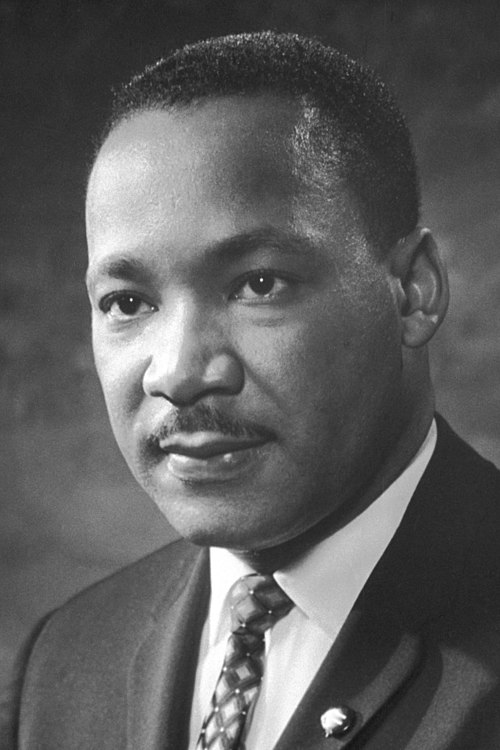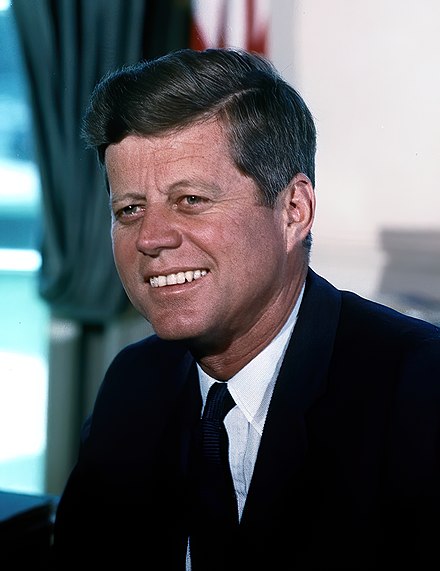
Joe Biden
ENFJ - ProtagonistCategory
Politics
Nationality
American
Occupation
president of the United States
About Joe Biden
Joseph Robinette Biden Jr.[b] (born November 20, 1942) is an American politician who was the 46th president of the United States from 2021 to 2025. A member of the Democratic Party, he served as the 47th vice president from 2009 to 2017 under President Barack Obama, and represented Delaware in the U.S. Senate from 1973 to 2009. Born in Scranton, Pennsylvania, Biden graduated from the University of Delaware in 1965 and the Syracuse University College of Law in 1968. He was elected to the New Castle County Council in 1970 and the U.S. Senate in 1972. As a senator, Biden chaired the Senate Judiciary Committee and Foreign Relations Committee. He drafted and led passage of the Violent Crime Control and Law Enforcement Act and the Violence Against Women Act. He also oversaw six U.S. Supreme Court confirmation hearings, including contentious hearings for Robert Bork and Clarence Thomas. He opposed the Gulf War in 1991 but voted in favor of the Iraq War Resolution in 2002. Biden ran unsuccessfully for the 1988 and 2008 Democratic presidential nominations. In 2008, Obama chose Biden as his running mate, and he was a close counselor to Obama as vice president. In the 2020 presidential election, Biden selected Kamala Harris as his running mate, and they defeated Republican incumbents Donald Trump and Mike Pence. He became the first president to serve with a female or African American vice president.




